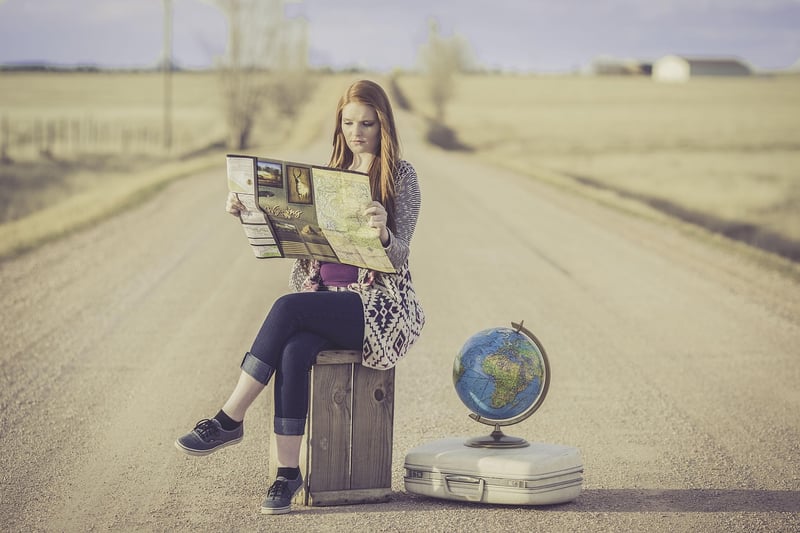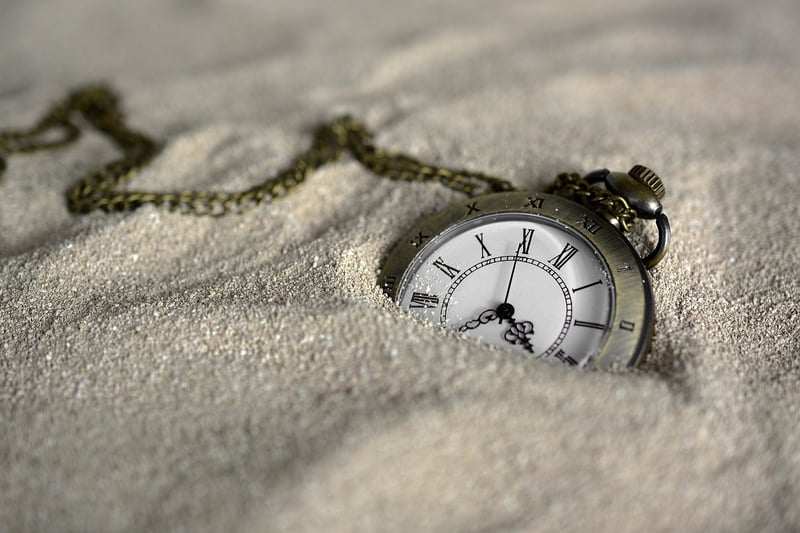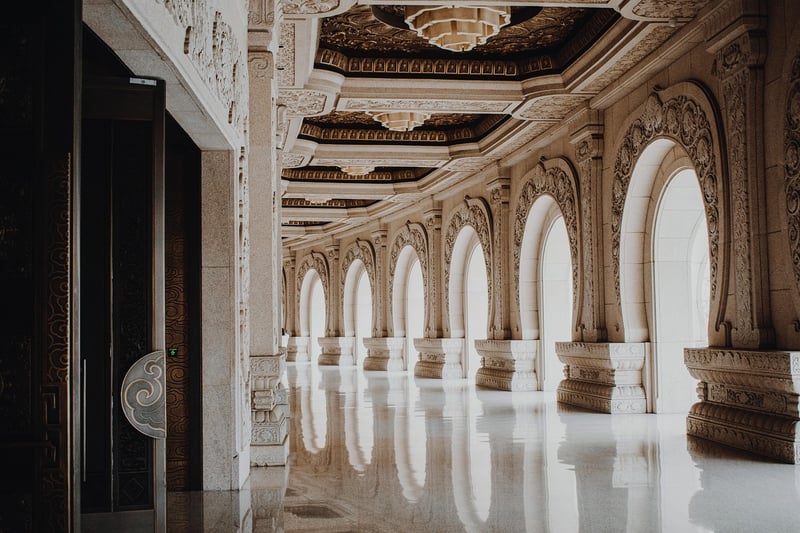Altering History
Stay Safe While Traveling
Tips for a Safe Trip
Traveling is an exciting experience that allows you to explore new places, meet new people, and create lasting memories. However, it's essential to prioritize your safety while on the go. Here are some tips to help you stay safe during your travels:
1. Research Your Destination
Before you embark on your journey, take the time to research your destination. Learn about the local culture, customs, laws, and potential safety concerns. Understanding the place you are visiting can help you avoid risky situations.
2. Stay Connected
Make sure to stay connected with friends or family members back home. Share your itinerary with them and check in regularly. In case of an emergency, they will know your whereabouts and be able to assist you.
3. Secure Your Belongings
Keep your belongings secure at all times. Use a money belt or a secure bag to store your valuables, such as passports, money, and electronics. Be cautious of pickpockets in crowded areas.
4. Trust Your Instincts
If something doesn't feel right, trust your instincts. Avoid risky situations, and be cautious when interacting with strangers. Your safety should always be your top priority.
Emergency Contacts
It's essential to have emergency contacts saved in your phone while traveling. Here are some important numbers to keep handy:
- Local emergency services: 911
- Embassy or consulate contact information
- Your travel insurance provider
- Family or friends' contact numbers
Stay Safe and Enjoy Your Journey!

Remember, safety should always come first when traveling. By following these tips and staying vigilant, you can ensure a safe and memorable trip. Now go out there, explore the world, and create unforgettable moments!
Altering History
Exploring Historical What-Ifs
History is a fascinating subject that often leaves us wondering about alternative outcomes. What if certain events had unfolded differently? Let's delve into some thought-provoking scenarios:
1. What if the Library of Alexandria Hadn't Been Destroyed?
The Library of Alexandria, known for its vast collection of ancient knowledge, was tragically destroyed in antiquity. Imagine the impact on human knowledge and scientific advancements if this repository of wisdom had survived through the ages.
2. What if the Titanic Hadn't Sunk?
The sinking of the Titanic in 1912 was a tragic event that claimed many lives. What if the ship had successfully completed its voyage? How would maritime safety measures have evolved, and would our perception of luxury ocean liners be different today?
3. What if the Apollo 11 Mission Had Failed?
The successful Apollo 11 mission led to humanity's first steps on the moon. But what if this historic endeavor had encountered insurmountable obstacles? How would it have impacted space exploration and our understanding of the universe?
Reflecting on Alternate Histories
Contemplating alternate histories allows us to appreciate the significance of pivotal moments in time and the unpredictable nature of historical events. While we can't change the past, exploring these "what-if" scenarios sparks our imagination and curiosity about the world around us.

History is a tapestry of interconnected events, and each alteration could have a profound ripple effect on the course of human civilization. As we ponder these alternate histories, we gain a deeper understanding of the complexities of our past and the possibilities that shape our future.
Let your imagination soar as you contemplate the twists and turns of history, and remember that each moment in time has the power to shape the world in unexpected ways.
